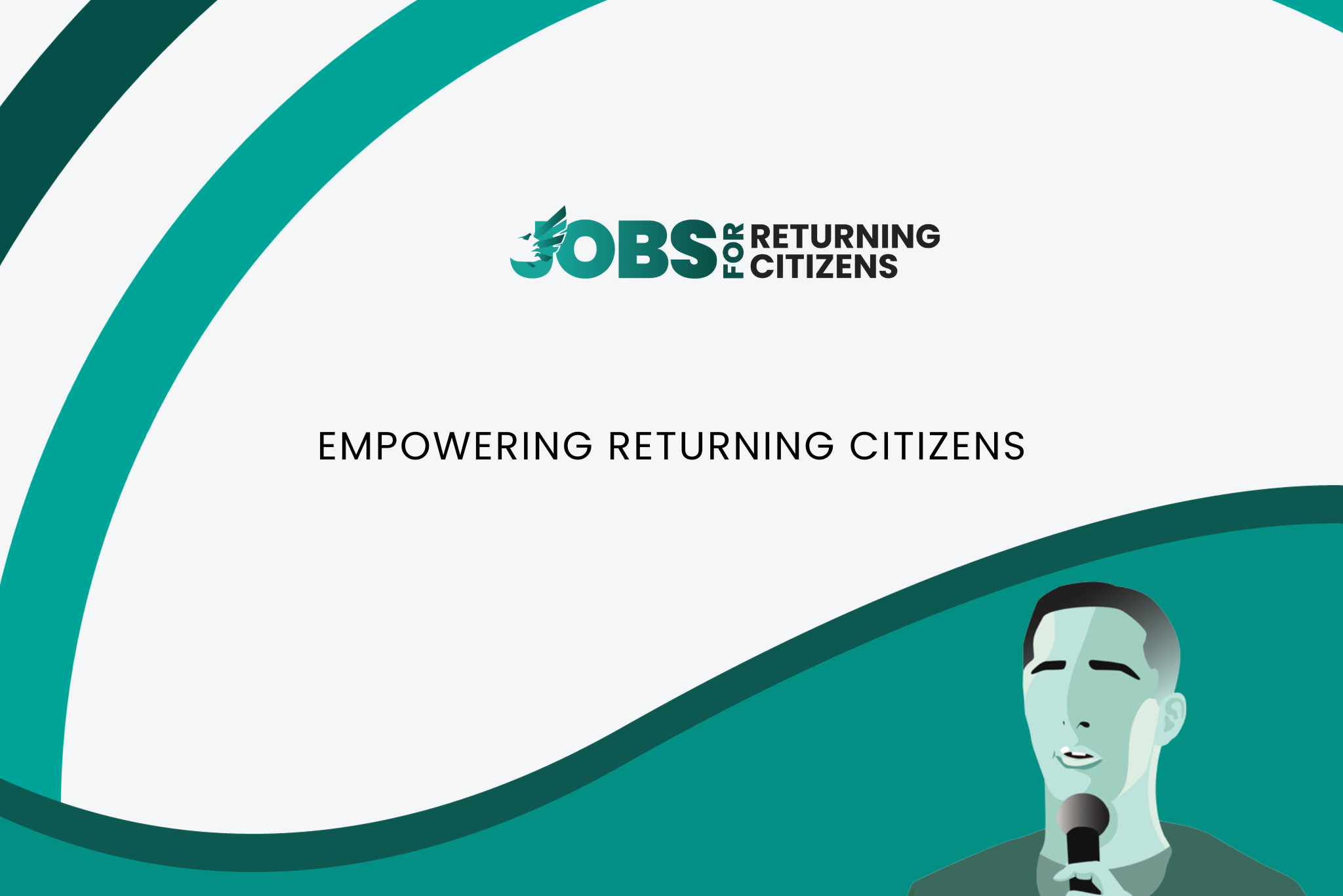Empowering Returning Citizens: Breaking Bias in Employment
In the pursuit of creating an inclusive work environment, it’s crucial to address biases that hinder the employment opportunities of returning citizens. Employers often fall victim to stereotyping, fear, and judgment, hindering these individuals’ chances to reintegrate successfully.
Stereotyping and Fear: Understanding and Trust
Stereotyping, based on criminal history, can be countered by taking the time to understand each person’s unique skills and potential. Similarly, fear dissipates through building relationships and trust. Engaging in open conversations helps employers see beyond the past and recognize the value returning citizens bring to the workplace.
Judgment: Embracing Respect and Empathy
Combat judgmental attitudes with respect and empathy. Employers must be mindful of their biases, appreciating the strength and determination returning citizens demonstrate. By focusing on these qualities, employers can foster an environment where individuals are valued for their abilities, fostering a workplace of mutual respect.

Skills and Virtues: Motivation, Discipline, and Resilience
Returning citizens often possess unmatched determination to learn and grow. Their experience teaches them discipline and time management. Additionally, their resilience in overcoming challenges becomes a valuable asset in any workplace setting.
Inclusive Interview Process: Emphasizing Skills, Not History
To create inclusivity, adopt blind hiring practices, focusing solely on skills and qualifications. Transparently communicating a commitment to equal opportunities encourages returning citizens to apply without fear of judgment. By removing biases from the equation, employers can create a workplace where everyone is given a fair chance to thrive and contribute meaningfully.
In breaking down biases, employers not only provide a second chance to returning citizens but also enrich their workplaces with diverse talents and perspectives. Together, we can build a future where everyone is empowered to succeed, irrespective of their past.
